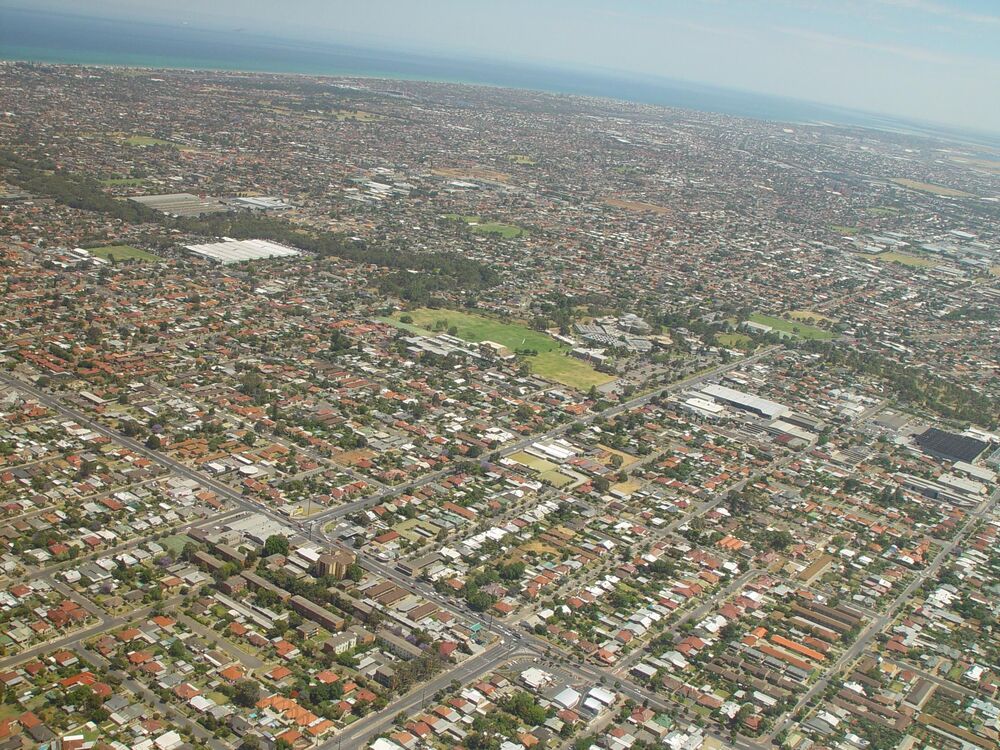I remember the day “Bill” disappeared from my primary school in suburban Adelaide. His brother was a year older in my year, “Bill”. Then, one day, even though his brother was still there, “Bill” was not.
I can still picture him on his last day on the small patch of lawn in the mostly asphalt playground, his cheeks slightly flushed, his dirty blond hair a little ruffled in the grey uniform we all wore.
What causes a boy to disappear from a primary school in a prim-and-proper Adelaide suburb? Looking back on it with the experience of having a daughter with Autism and knowing many friends living with a disability, I imagine he possibly had some level of Autism and maybe was disruptive to a pretty conformist culture. I heard somewhere he had been sent to a special school. I spent the rest of that year anxious about his future, but I was a child and have only remembered him occasionally since.
Special schools – for students living with disability – are in the news today as the Disability Royal Commission report has been released. The six commissioners are are reported as being split on whether Special Schools and disability enterprises (sheltered workshops)should be phased out.
Greens Senator Jordan Steele-John is a strong advocate of abolshing separate facilities. “I am hopeful, and I am deeply proud of the Australian disability community … who worked to establish the investigation in the first place and will continue to organise to campaign collectively for the liberation of disabled people across Australia for the establishment of disability justice in Australia for the total elimination of the segregation that we experience,” he told the ABC.
In disability land Steele-John speaks as a visable member of an important sector – people in wheelchairs. Yet Special Schools often offer a place for people living with a intellectual disability. They have very different needs.
I have heard from the experience of people somewhere in the middle – people “mainstreamed” in school who are bright enough to know what they are missing out on, but unable to keep up, perpetually confused about what is going on. Mainstreaming people can condemn them to 12 years of bumping along the bottom of a class.
My family got the best of both worlds in a way – a mainstream class in primary school and a special unit teaching the NSW “Life skills” curriculum housed within a mainstream school. It suited our daughter well and I salute Meriden and Danebank – two Anglican girl’s schools – for being incredibly wecoming. Danebank offers a part scholarship to their “Roseby class,” their re-named Life skills program. Other schools such as the Pacific Group of Christian Schools have set up particular campuses for students living with Austism and/or mild and miderate intellectual disability.
It seems the big issue for the Albanese government and State governments will be determining the future of disability specific programs – perhaps they will feels they have recieved a”hospital pass’ from the commissioners.
From my perspective “both/and” may be the best answer, offering families choice. A key factor will be to ensure resources are not lost where mainstreaming occurs.
The future of disability services once known as sheltered workshops will be the really hot potato. The effect of increasing wages might be somewhat like providing award wages for First Nations’ stockmen and women in 1968-9. Absent land rights this meant mass evictions.
Many disability services are in financial trouble already. But absent a means to give people living with a disability the dignity of work, we may see a poor outcome.
And what of churches? We should be a place of radical inclusion. Projects such as Our Place Christian Communities which seeks to create “places of belonging for people living with disability,” offer that future.
In a time of change, and subsequent anxiety in the disability community it might be a good time to be in touch with them. Here’s what they offer: “There are a range of different ways Our Place can support your church. That might involve downloading some of our inclusion resources, organising disability training for your leadership and church members, or even disability consultancy tailored to your particular church’s resources and needs.”
Image credit: Leon Brooks / Pixnio

